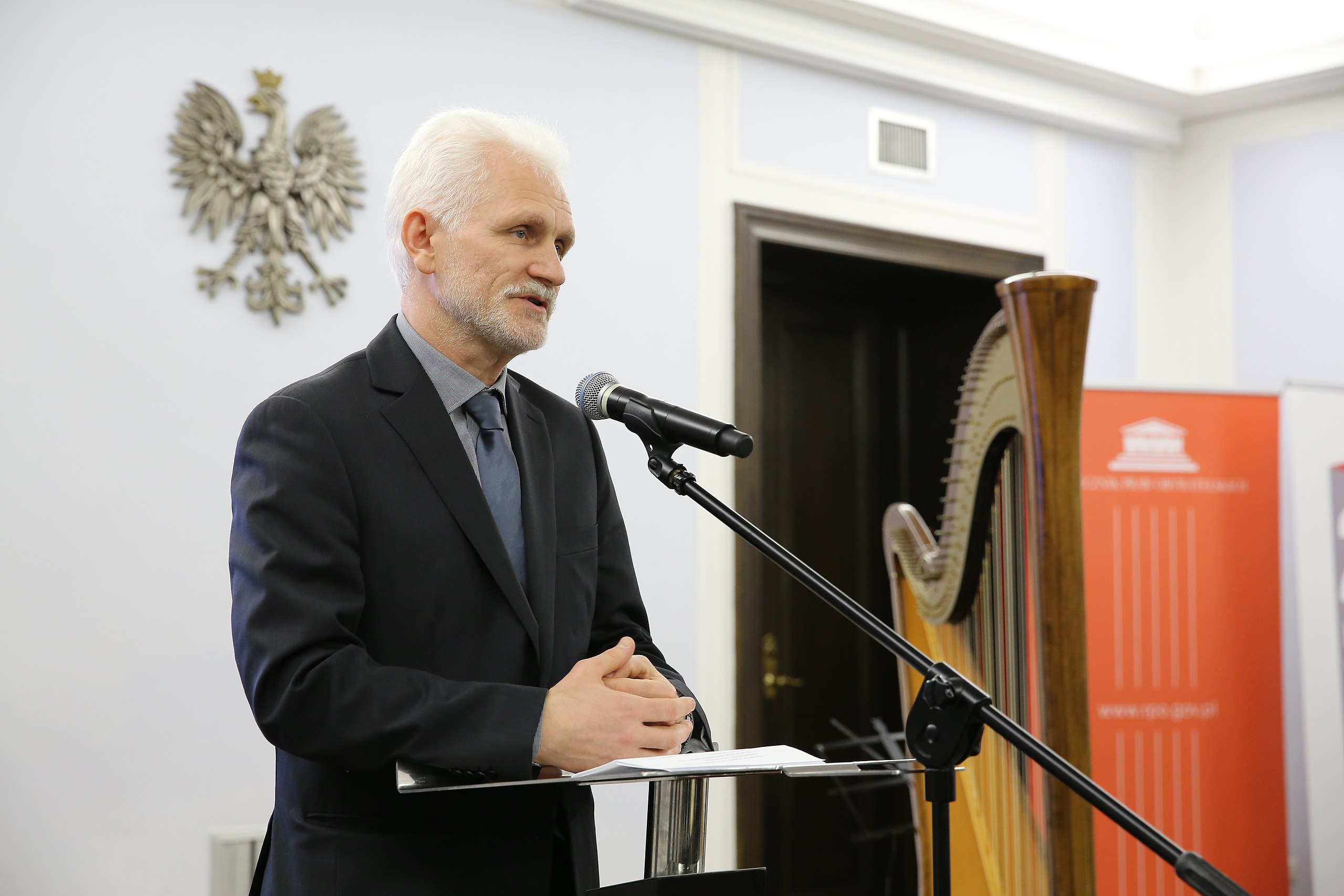Israel Cannot Survive Without Compromise

There have been repeated attempts by activists to deliver desperately needed supplies to Gaza since the Israeli blockade, ably assisted by Egypt, turned this narrow strip of land – one for the most densely populated places on Earth – into an open prison. Few of these attempts to land supplies have commanded much attention from the Western media, until the commando raid by members of the Israeli Defence Force on a flotilla of ships this week resulted in the death of nine activists, and the wounding of many others. Some Israeli commandos were also injured, some seriously, as a few activists fought back.
The extreme violence meted out by the Israelis to civilians on ships carrying aid in waters that do not belong to Israel has rightly been savaged as piracy on the high seas. The Turkish Government, once a friend to Israel has even denounced the attack as “State terrorism”. The plight of Gaza has been put firmly back on the international agenda as a result, and the usual averting of eyes by the West has forcibly been suspended, niot least by the detention of many Western nationals in an Israeli Jail.
The question is what happens next? For the tumultuous events of the past few days has succeeded not only in raising the plight of the Palestinians, but of the very real dilemma facing the World’s only super-power, the United States. Successive US administrations have frequently felt obliged to defend the indefensible as Israel has lurched ever further from what is acceptable under international law to defend what it sees as its interests. Note the forthright way in which Secretary of State Hilary Clinton demanded strong international action against North Korea only last week, while this week, the US government sought to water down a UN Security Council Resolution that demanded an immediate and impartial inquiry into the Israeli military raid. The US administration also let it be known that any inquiry should be conducted by Israel.
The trouble is that none of this will now wash with an incandescent Turkey, or a distinctly uncomfortable Egypt. This week’s watershed event could actually force the Obama administration into making some very sharp strategic choices. Can Israel or more precisely the hard-line refusenik Israeli PM Benjamin Netanyahu continue to be allowed to act with impunity, frustrating both the international community and the US by continuing to build houses and settlements in Palestinian territory? Can he be indulged yet again as his commandos engage in the kind of self defeating activities that real Israeli leaders such as Golda Meir, Moshe Dayan and Yitzhak Rabin would have known were utter folly? The strategic choice for the US administration is to either continue to hand Israel a blank cheque, and risk losing a much more important ally, Turkey, as well as further isolate the US from mainstream Muslim opinion, or begin to turn the screws on Netanyahu.
Unlike Dayan, Rabin or for that matter Begin who had real military records, and who came to know the significance of suing for peace, Netanyahu is an ugly rabble rouser, although one who is happy to send out his spin doctors on this occasion to defend the indefensible. He has shown by his record that he is incapable of serious dialogue with moderate Palestinians, nor has he been capable of taking advantage of the changing dynamics in Syria or the relatively easier task of talking to Egypt and Jordan. It is of course for Israelis, as residents of one of the few democracies in the region to decide what to do about their Prime Minister, but one would hope that the US and the West in general now begin to spell out some very hard truths.
The baldest truth is this; Israel is for the most part a “settler State”, built out of conflict and displacement. That the history of the Jewish people in the region goes back many centuries, that the collective suffering of the Jewish people also included becoming a Diaspora, much in the way of the modern day Assyrians, does not detract from the fact that Israel was a C20th construct, specifically a British construct taken from Trans-Jordan. Only those who occupy the extremes of opinion on the far Right and fundamentalist Islam would argue – or more likely use violence to force the clock to be turned back.
But whether Israel likes it or not the history of “settler states”, surrounded by hostile forces is not a happy one. The choice, brutally, is compromise or eventually disappear. The Afrikaners of South Africa made their peace, as are the Protest Northern Irish currently. The French colons in Algeria did not, and neither did the Portuguese settlers in Angola. Both are now historical footnotes. Israel is of course a more rooted and sophisticated State, it also has nuclear weapons, but until it begins to face up to the forces ranged against it, and face up to the possibility that one day the United States may not be quite as forthcoming with its support, Israel faces more than a battle of attrition. It faces a war it cannot in time win.
For a time under both Prime Ministers Begin and Rabin, it seemed that Israel was big enough to take the really bold decisions to ensure both its survival and a lasting deal with the Palestinians. And while many will continue to play the blame game as to how or why an historic conflict ending deal was never reached, others will wonder if not now, when and if not at all, if Israel will still exist in fifty years time?





